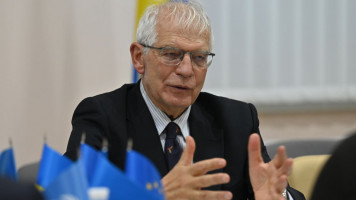Saudi and UAE media celebrate Tunisian president's power grab
Saudi and Emirati media have welcomed Tunisian President Kais Saied’s dissolution of parliament and sacking of Prime Minister Hichem Mechichi, celebrating the move as a victory against what they called the "Muslim Brotherhood".
In both Saudi Arabia and the United Arab Emirates, media is tightly controlled by the government and usually adopts a government narrative when reporting on foreign and domestic issues.
The Tunisian moderate Islamist Ennahda Party, which was the strongest party in parliament and government, denounced Saied's move as a "coup against the constitution", warning that democracy in the country is in danger.
It has, however, decided to call off its supporters' protests against the coup.
Ennahda is independent of the Muslim Brotherhood and in 2016 decided to focus exclusively on politics, leaving religious work aside.
Nevertheless, Saudi and Emirati media carried incendiary headlines, linking Ennahda and the Brotherhood following Saied's power grab.
Both the Emirati newspaper Al-Bayan and the Saudi newspaper Okaz used the headline "Tunisia rises up against the Muslim Brotherhood" on Monday.
Al-Bayan also described Mechichi, an independent non-Islamist politician, as "belonging to the Ennahda Brotherhood movement".
Other headlines carried by the newspaper included "Tunisia’s president celebrates the suspension of parliament and sacking of the government with his people” and "Tunisians break the [Covid] quarantine and go out to celebrate the president's decision".
The Saudi newspaper Al-Watan also spoke of Saied's power grab in more laudatory terms.
"Saied has taken a set of extraordinary decisions… to stop the confusion the country is in as a result of the practices of the Brotherhood Ennahda movement which controls the legislative authority in the country."
While Ennahda is the largest party in the recently dissolved parliament, it only has 52 out of 217 seats there.
The Saudi newspaper Okaz used more inflammatory language, carrying headlines such as "Tunisian anger burns the Brotherhood" and "After the president’s decisions… the Tunisian street celebrates the end of the terrorist group's rule".
"Tunisia President Kais Saied’s decisions to sack the government, suspend the parliament, and lift immunity for its members was in response to the people's uprising against the Muslim Brotherhood and its domination of legislative and executive authority," Okaz said.
Prior to Saied’s power grab on Sunday, Tunisia was considered to be the only country to have successfully established a democratic system of government following the 2010-11 Arab Spring revolutions.
The UAE and Saudi Arabia have both backed counter-revolutionary movements in various Arab Spring countries, supporting current Egyptian President Abdel Fattah Al-Sisi's 2013 military coup against Egypt's first democratically elected leader, Mohammed Morsi, and General Khalifa Haftar's war against the now-defunct Libyan Government of National Accord, which was internationally-recognised.
![Saudi and UAE media presented events in Tunisia as an uprising against the 'Muslim Brotherhood' [Getty]](/sites/default/files/styles/large_16_9/public/2021-07/GettyImages-1234218081.jpg?h=199d8c1f&itok=Bp1eTD3I)
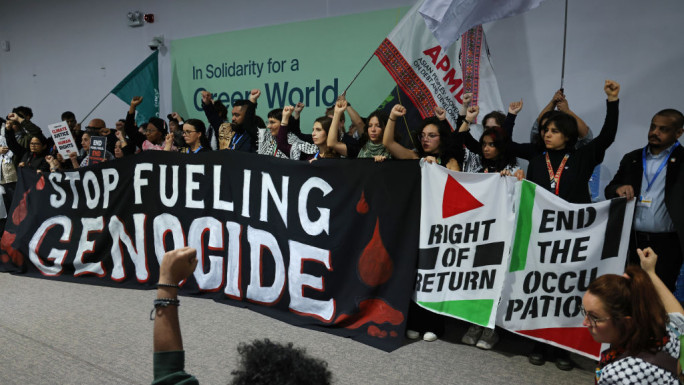
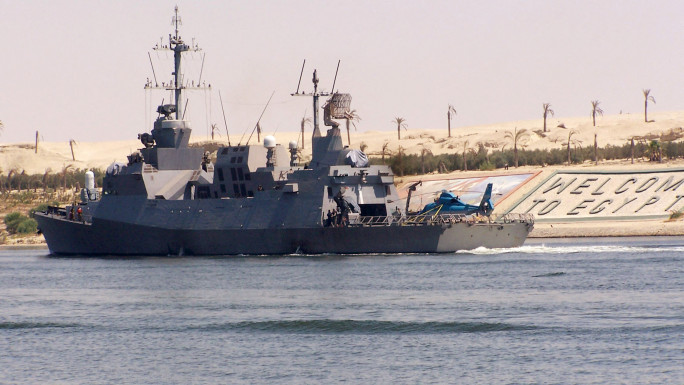
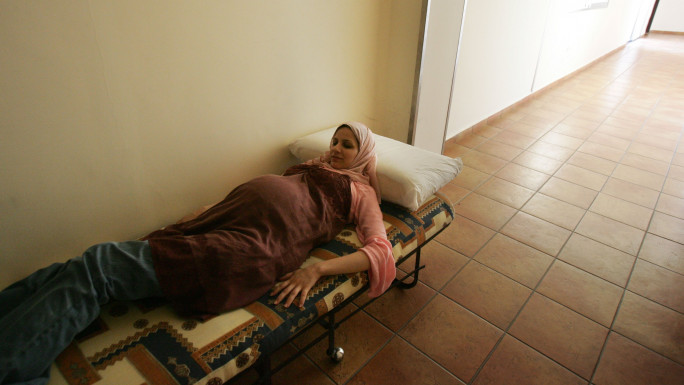
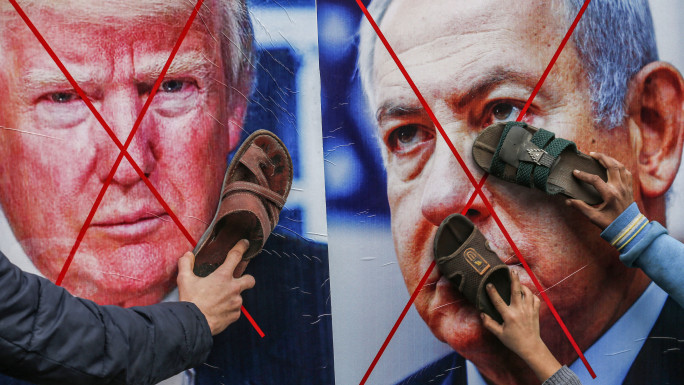
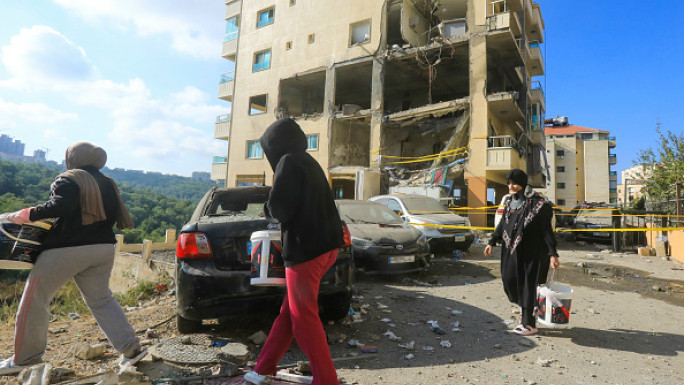
 Follow the Middle East's top stories in English at The New Arab on Google News
Follow the Middle East's top stories in English at The New Arab on Google News
![Gazans reel after Israel strike [Getty]](/sites/default/files/styles/image_330x185/public/2183300682.jpeg?h=a5f2f23a&itok=fN-GAQGE)

